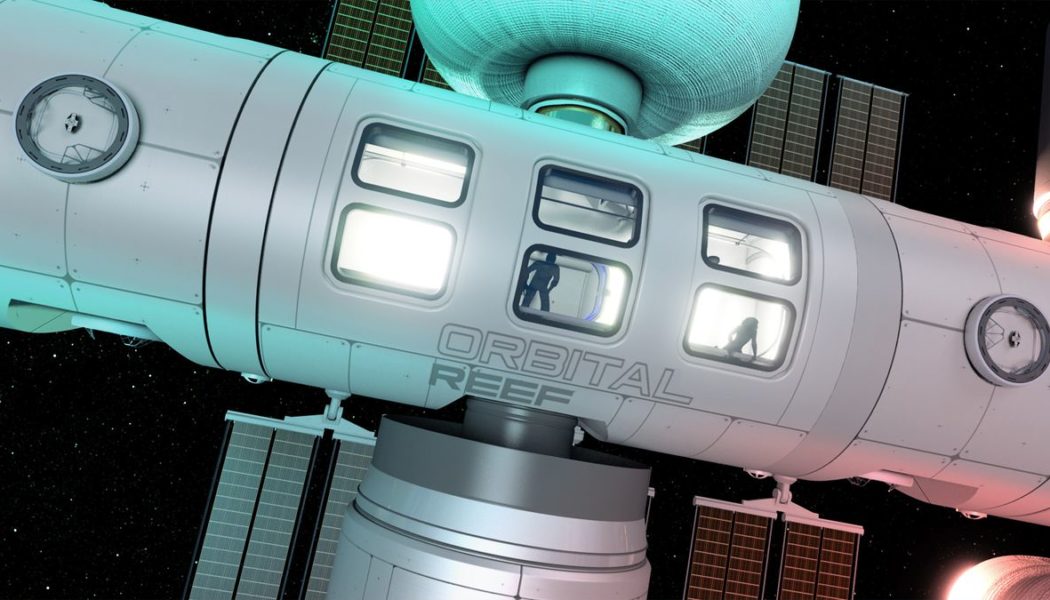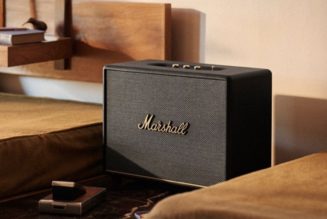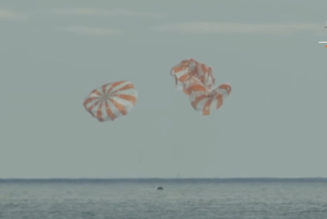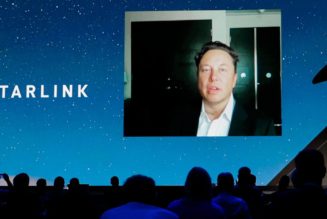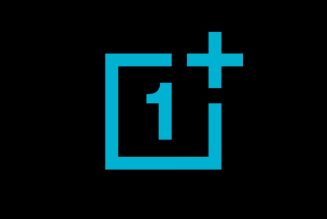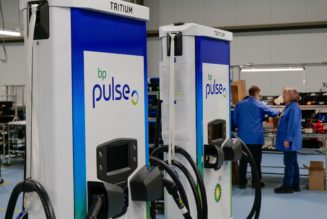Jeff Bezos’ spaceflight venture Blue Origin announced plans to build its own free-flying space station today. Called Orbital Reef, the future space station will begin operating in the second half of this decade, according to Blue Origin, providing a place for researchers, industrial and commercial customers, and international partners to visit and work.
Blue Origin is working on the Orbital Reef project in partnership with spaceflight company Sierra Space, a subsidiary of the Sierra Nevada Corporation. Sierra Space’s most well-known project is the Dream Chaser, a winged spaceplane designed to carry cargo — and perhaps people one day — to the International Space Station. Dream Chaser is scheduled to begin cargo flights in 2022. Blue Origin says that Orbital Reef also has the backing of additional spaceflight teammates, including industry heavyweight Boeing, as well as Redwire Space, Genesis Engineering Solutions, and Arizona State University.
With an internal volume nearly as large as the International Space Station’s, Orbital Reef will be able to house up to 10 people, with separate areas for living and conducting science, according to Blue Origin. The company claims that Orbital Reef will be a “mixed-use business park” in space that will have multiple ports and berths for visiting spacecraft and modules, along with various utilities and amenities. Blue Origin boasts that the space station will have an “open system architecture” that will allow a variety of people and customers to use the facility. A list of possible users included space agencies, media and travel companies, entrepreneurs and investors, tech companies, and more, according to Blue Origin. Blue Origin also claims that it will provide “end-to-end” services for anyone wishing to use the station, from transportation, leasing space, technological assistance with hardware, and robotic services.
:no_upscale()/cdn.vox-cdn.com/uploads/chorus_asset/file/22953972/Orbital_Reef_Outside_Windows.jpg)
“As the premier commercial destination in low Earth orbit, Orbital Reef will provide the essential infrastructure needed to scale economic activity and open new markets in space,” Blue Origin writes in a press release.
Blue Origin has dropped hints in the past of its plans to potentially build a space station, and NASA is providing incentives for companies to pursue such projects. This year, NASA announced the creation of a new initiative called the Commercial Low Earth Orbit (LEO) Development — or CLD — program. The goal is to provide spaceflight companies with money to help jumpstart the development of private space stations that NASA could visit one day. NASA plans to award up to $400 million through two to four Space Act Agreements to fund initial studies of these space stations.
The CLD program is just one step in NASA’s long-term plan to eventually phase out the government-run International Space Station and transition to the use of commercial space stations. Currently, the ISS is slated to continue operating through 2024, and NASA has been eyeing an extension of the program through 2028. But the ISS is expensive, costing NASA $3 to $4 billion to operate each year, and the decades-old station can’t last forever. Eventually, NASA wants to retire the station and fill low Earth orbit — the domain of the ISS — with company-run space stations, as NASA focuses its human spaceflight efforts on deep space destinations.
In September, NASA claimed it got about a dozen proposals for the initiative. “We got an incredibly strong response from industry to our announcement for proposals for commercial, free fliers that go directly to orbit,” Phil McAlister, the director of commercial spaceflight at NASA, told CNBC. “I can’t remember the last time we got that many proposals [in response] to a [human spaceflight] contract announcement.”
:no_upscale()/cdn.vox-cdn.com/uploads/chorus_asset/file/22953975/Orbital_Reef_Interior_Core.jpg)
NASA leadership has been considering this kind of future for many years. NASA already holds a contract with one company, Axiom, to develop a private space station that can dock with the ISS as part of a previous space agency initiative called NextSTEP. Axiom plans for this docked space station to be a precursor to a free-flying space station sometime later.
Right now, Blue Origin’s only operational spaceflight project is New Shepard, a suborbital tourist rocket designed to send paying customers to the edge of space and back. So far, the company has flown eight people to space on New Shepard, including Bezos, Blue Origin’s founder. Other projects in development include New Glenn, a rocket designed to take cargo and people to orbit, as well as Blue Moon, a lunar lander that could take humans to the Moon’s surface. Neither of those projects has been completed yet. Blue Origin hoped to win a contract with NASA to develop Blue Moon for the agency’s Artemis program — an initiative to send humans back to the lunar surface — but the company ultimately lost out to rival SpaceX. In response, Blue Origin filed a lawsuit in the US Court of Federal Claims in an attempt to receive NASA funding for the project.
Meanwhile, Blue Origin is grappling with its own internal strife. This month, nearly two dozen current and former employees at the company wrote an essay claiming that Blue Origin’s culture is toxic and unsafe.
